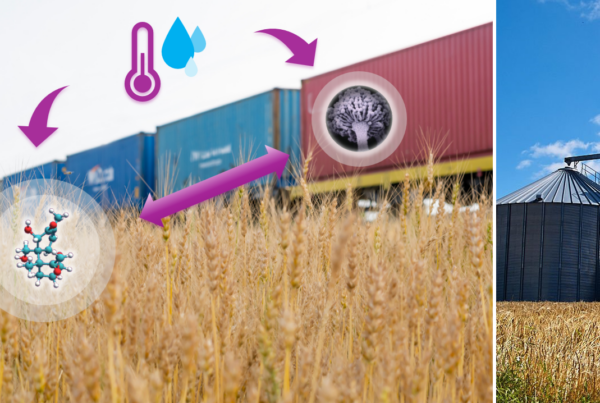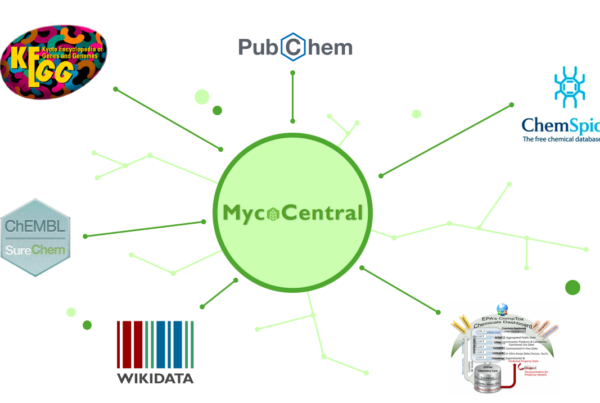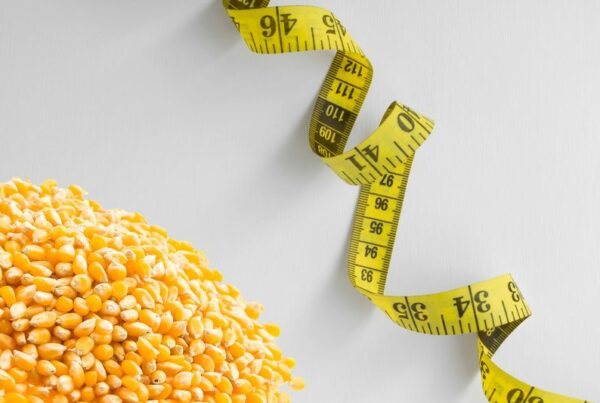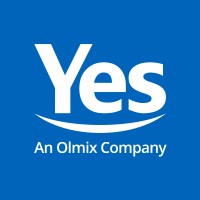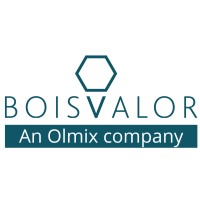Besides being sponsors for the symposium, Olmix will deliver a scientific lecture on the gut barrier function.
It is an honor for Olmix Animal Care to be sponsors for the upcoming the 7th International Conference on Poultry Intestinal Health (IHSIG), to be held in Cartagena de Indias, Colombia, from March 30th to April 1st as a hybrid event.
Among the keynote speakers to provide the latest scientific information on poultry intestinal health, our For Feed Product Specialist María García will deliver a lecture about the potential of in-feed marine macroalgal polysaccharides to strengthen animal’s gut barrier function. This conference will take place at 11.00 a.m. on the 1st April (Session VI: Dietary additives to control gut health).
Abstract
The Problem
Recent research has highlighted the potential of in-feed marine macroalgal polysaccharides to strengthen animal’s gut barrier function. The cell wall of marine algae is mainly composed of water-soluble sulfated polysaccharides that present diverse biological activities such as reinforcement of gut barrier components via the induction of mucin secretion in-vivo in the intestinal mucosa (Barcelo et al., 2000). Previous research has shown, in-vitro, that a red algal extract from Solieria chordalis upregulates the gene expression of tight junction proteins and mucin proteins which determine intestinal integrity (Intestinal Biotech Development, 2017). Other research has shown that a green algal extract from Ulva sp, has the capacity to modulate the immune response (Berri et al., 2016 & 2017). The present work evaluated, in-vitro, the capacity of the red algal extract to reinforce the epithelium barrier in the presence of pathogenic bacterial strains.
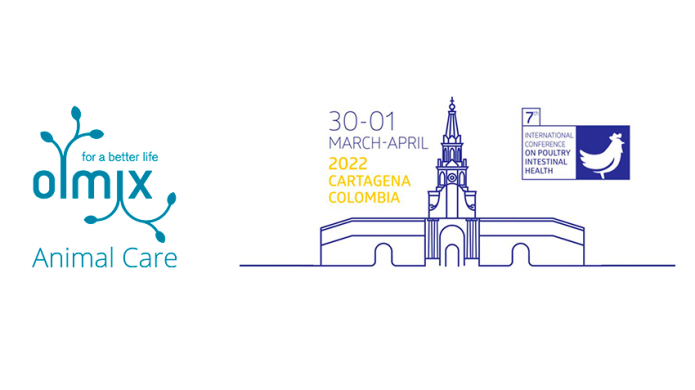
How we investigated or researched the problem
The ability of the red algal extract from Solieria chordalis to reinforce the epithelium barrier function was evaluated in a research project in collaboration with INRAE (2019, unpublished data) using several epithelial cell lines. Firstly, an intestinal cell line (IPEC-1) was cultured in the cell-culture medium alone (negative control), incubated with E. coli K88 1305 (1,358×10 CFU/mL) (positive control) or incubated with E. coli K88 1305 and the red algal extract (test). The trans-epithelial electrical resistance (TEER) of the cell monolayer was measured. Secondly, an avian hepatocyte cell line (LMH) was pre-treated with cell-culture medium only (control) or the red algal extract at three different concentrations (tests). After 24 hours, the cell-culture medium was removed, and cells were inoculated with E. coli O78K80 (4,13×108 CFU/mL). The percentage of adhesion of bacteria to the cells was obtained by dividing the number of bacteria that adhered to the cells by the total number of bacteria brought into contact with the cells (inoculate).
Results
The IPEC-1 cell line incubated with the red algal extract (test) showed an improved gut integrity as observed by a higher trans-epithelial electrical resistance (TEER) when compared to the positive control in the first ten hours of infection with E. coli K88 1305. Moreover, the red algal extract reduced the percentage of adhesion of E. coli O78K80 at the three concentrations tested compared to the negative control, thus highlighting the capacity of this red algal extract to inhibit bacterial adhesion to the epithelial cells.
Implications / Conclusions
The studies proved the capacity of this red algal extract to support in-vitro epithelial barrier function by preventing bacteria from adhering and colonizing target tissues. The in-feed combination of this red algal extract with an immunomodulating green algal extract further showed optimized health parameters and performance of birds raised in commercial conditions.
Don’t miss the appointment at the International Conference on Poultry Intestinal Health!
